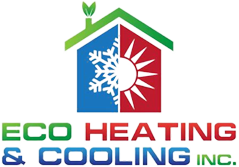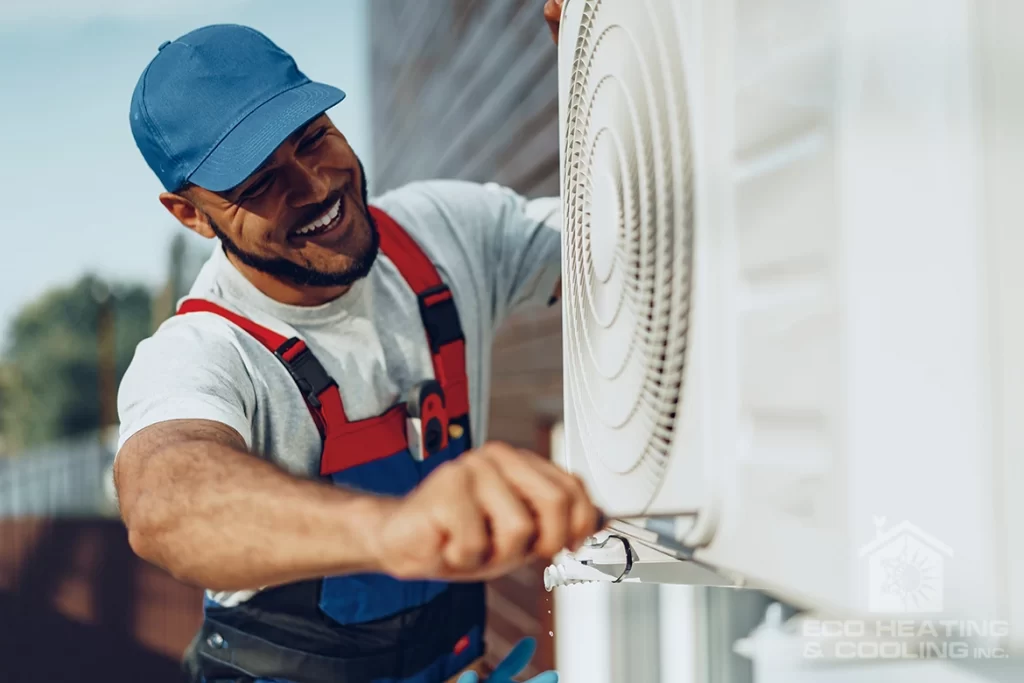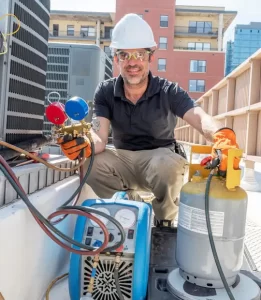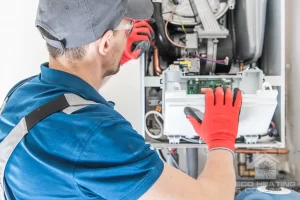The filters in your HVAC system are designed to capture and remove particles such as dust, pollen, and other contaminants from the air as it circulates through the system. Over time, these filters become clogged with the captured particles, reducing their effectiveness, and causing your HVAC system to work harder to circulate air. This can lead to higher energy bills, increased wear, and tear on the system, and reduced indoor air quality.
The frequency at which you should change your HVAC filters depends on a variety of factors, such as the type of filter, the number of occupants in your home, and the presence of pets or smokers. As a rule, it is recommended to replace filters every 1-3 months.





